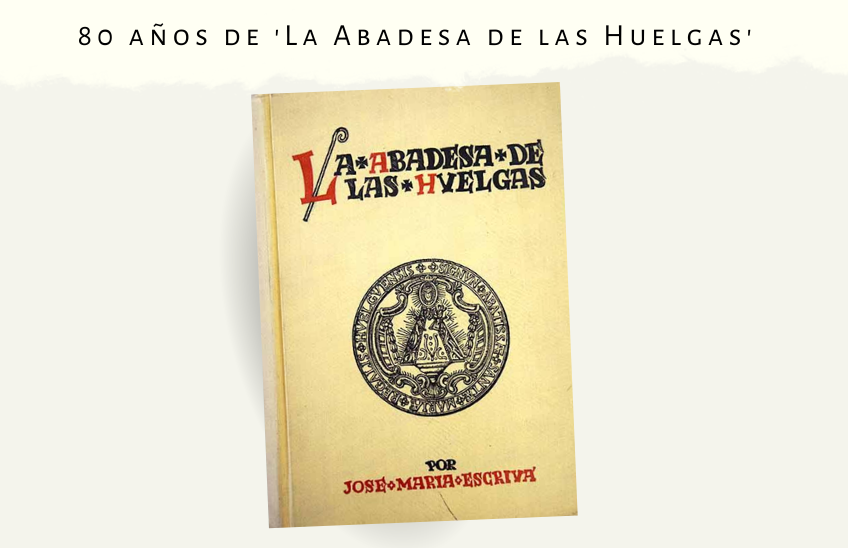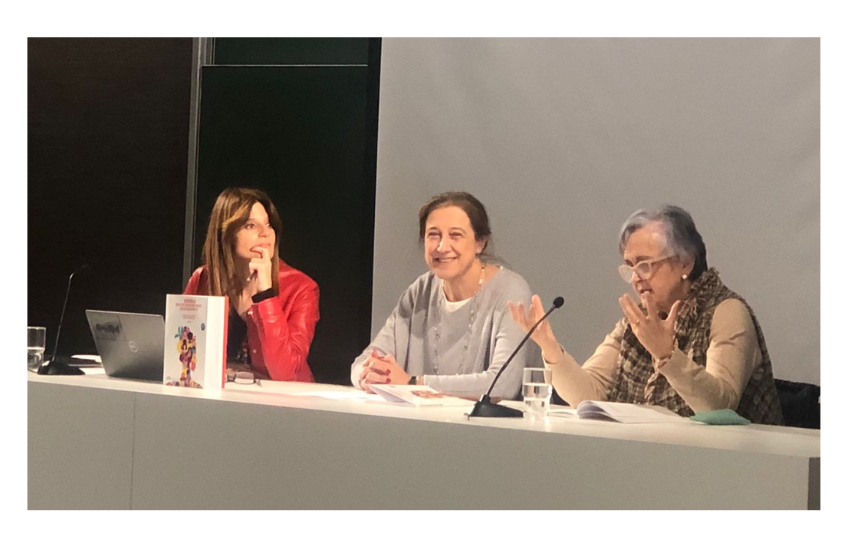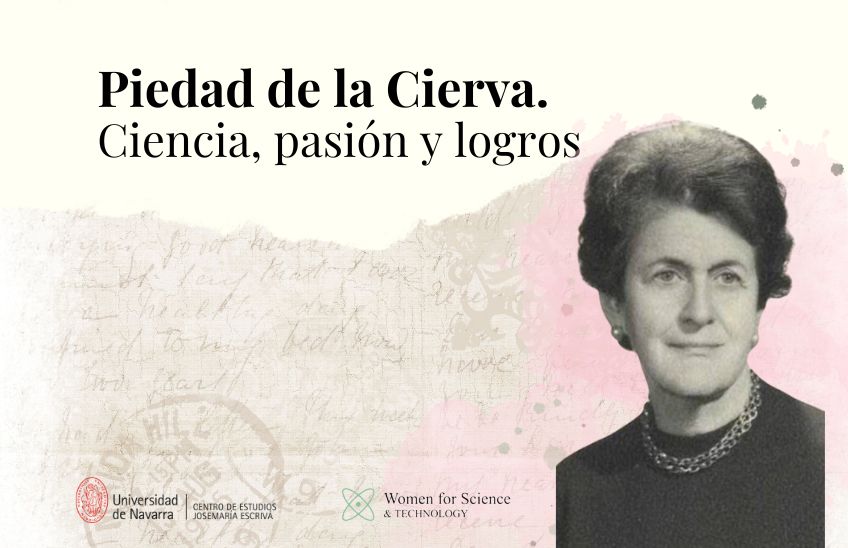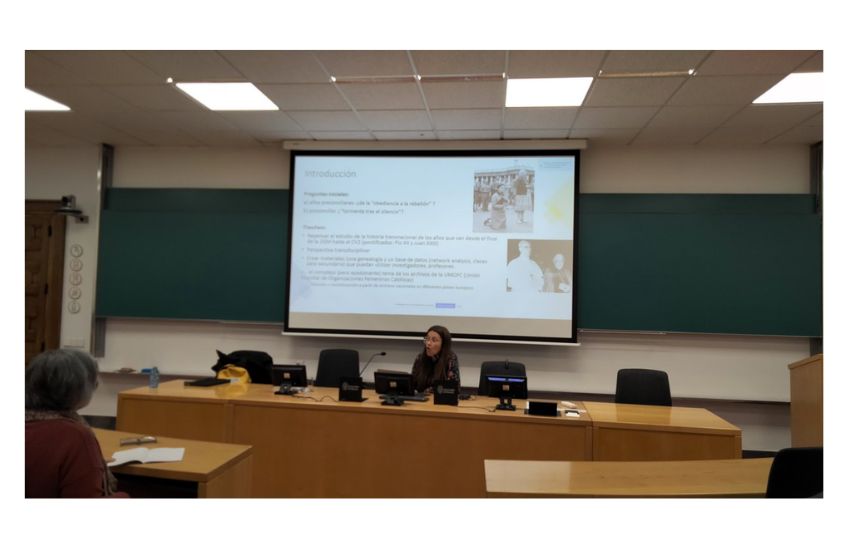Noticia_Opus Dei. Methodology, Women and Stories
Book: "Opus Dei. Methodology, Women and Stories".
Monograph on the history of Opus Dei and Spanish Catholicism between 1939 and 1962.
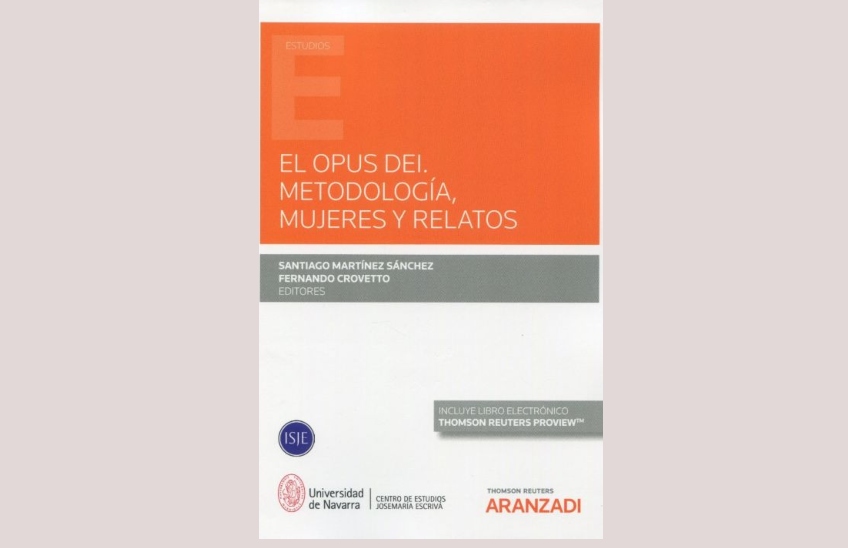
Santiago Martínez Sánchez and Fernando Crovetto are the editors of the book graduate: "Opus Dei. Metodología, Mujeres y Relatos", published in December 2020.
This monograph on the history of Opus Dei and Spanish Catholicism between 1939 and 1962 brings together nineteen works by researchers from the high school Histórico San Josemaría (Rome), the Centre of programs of study Josemaría Escrivá (University of Navarra) and various Spanish universities.
The programs of study addresses three main themes: the methodology of Opus Dei, the role of women in the history of the Work, and the Spanish religious context of the 1940s and 1950s, with special attention to Catholic associations.
The chapters on methodology deal with the methodological difficulties in historicising this institution (Jaume Aurell); the need for a periodisation for its entire chronology, to guide future programs of study (José Luis González Gullón); the enquiry of archives outside the Work (Federico Requena); and the importance of the biographical genre and the prosopographical programs of study (Alfredo Méndiz and Onésimo Díaz).
On women's history, Consuelo Flecha, professor at the University of Seville, discusses the approaches, interpretative theories, themes and the most comprehensive and integrating account of the past provided by programs of study on women. CEJE researcher Inmaculada Alva offers an overview of what has been published on this female history of the Work and the historiographical challenges. Professors Margarita Sánchez, Beatriz Comella, Ana María Martínez place and María Hernández-Sampelayo offer biographical analyses of some of these women of Opus Dei, such as Elena Blesa, Piedad de la Cierva and Mercedes Eguíbar. Mercedes Montero focuses on the sorority networks between Mexican, Spanish and North American women in the Work. And María Merino and María Luisa Galdón give an overview of the supernumeraries who applied to Admissions Office up to 1962.
Finally, the "stories" are five programs of study on the religious and cultural context of Spain in the 1940s and 1950s. Thus, Joseba Louzao - professor at the Centro Universitario Cardenal Cisneros (Madrid) - deals with the interrelation between politics, Catholicism and the experience of faith. Professors Cristina Barreiro (CEU Madrid), Jorge García Ocón (Villanueva University, Madrid), Fernando Crovetto (ISJE) study some Catholic institutions and associations in Spain at that time and frame the secular apostolate of which Opus Dei was also a prominent element, such as the National Catholic Propagandists' association , the Marian Congregations or Catholic Action. Finally, Luis Cano (ISJE) and Santiago Martínez (CEJE) present unpublished aspects of some types of Opus Dei members: the idea that Saint Josemaría had of supernumeraries, and what attracted Spanish diocesan priests to the spirituality of Opus Dei in this decade.


